Sunbathing can bring many health benefits if the exposure is at least 15 to 30 minutes a day, before 10 a.m. and after 4 p.m., but without sun protection. This is because, correct exposure to the sun stimulates the production of vitamin D, which is essential to various activities of the body, as well as stimulate the production of melanin, prevent diseases and increase well-being.
Thus, the main benefits of the sun include:
1. Production of Vitamin D
Exposure to the sun is the main form of vitamin D production by the body, which is essential in various ways to the body, such as:
- Increases calcium levels in the body, which is important for strengthening bones and joints;
- Helps prevent the formation of diseases such as osteoporosis, heart disease, autoimmune diseases, diabetes and cancer, especially in the colon, breast, prostate and ovaries because it reduces the effects of cell transformation;
- Prevents autoimmune diseases such as rheumatoid arthritis, crohn's disease and multiple sclerosis as it helps to regulate immunity.
The production of vitamin D by exposure to the sun is greater and brings more benefits over time than oral supplementation by tablets.
Here's how to take sun effectively to produce vitamin D.

2. Decreases the risk of depression
Exposure to the sun increases the production of endorphins by the brain, a natural antidepressant substance that promotes feelings of well-being and increases levels of joy.
In addition, sunlight stimulates the transformation of melatonin, the hormone produced during sleep, into serotonia, which is important for good mood.
3. Improves sleep quality
Sunlight helps to regulate the sleep cycle, which is when the body understands that it is bedtime or wakefulness, and avoids episodes of insomnia or difficulty falling asleep at night.
4. Protects against diseases
Moderate and timely exposure to the sun helps regulate the immune system, making it difficult to form and combat immunity-related skin diseases such as psoriasis, vitiligo, and atopic dermatitis.
5. Get Tan
Sunbathing, moderately, stimulates the production of melanin, which is the hormone that gives the darkest tone to the skin, prevents the absorption of more UVB rays, protecting the body against its toxic effects.
To get these benefits, do not take too much sun, because in excess, the sun can bring bad consequences, such as sunstroke, dehydration or skin cancer. In addition, to reduce the risks of exposure to UV rays from the sun, it is recommended to use sunscreen, at least SPF 15, about 15 to 30 minutes before, and replenish every 2 hours.
Find out how to take sun without health risks.
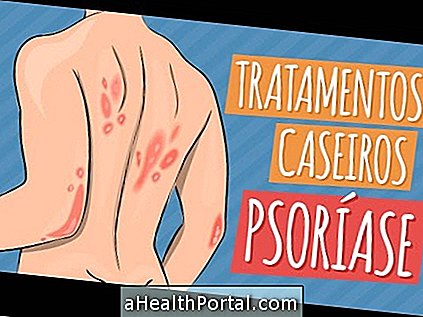



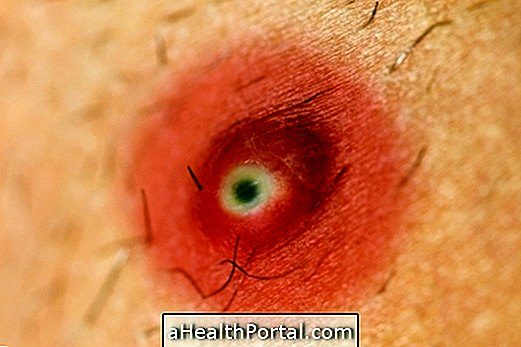
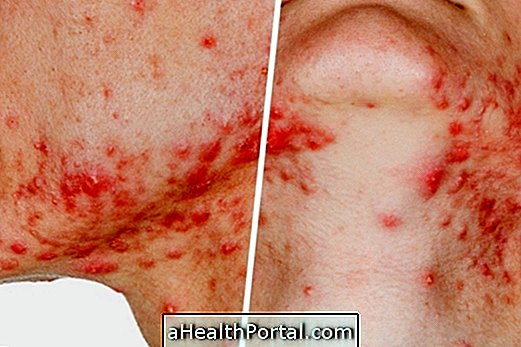



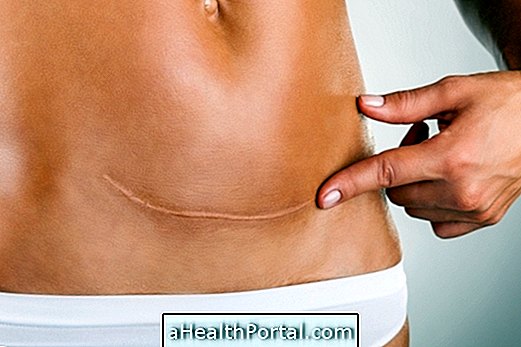

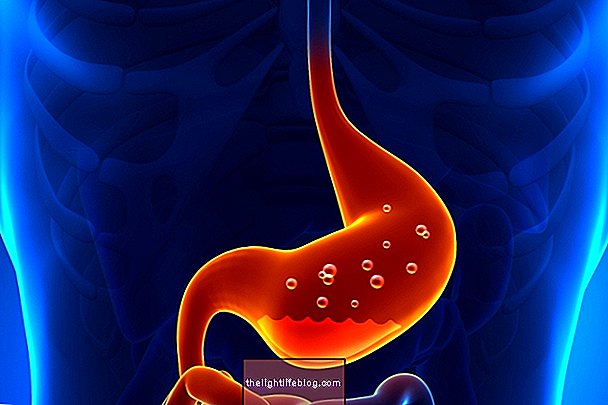
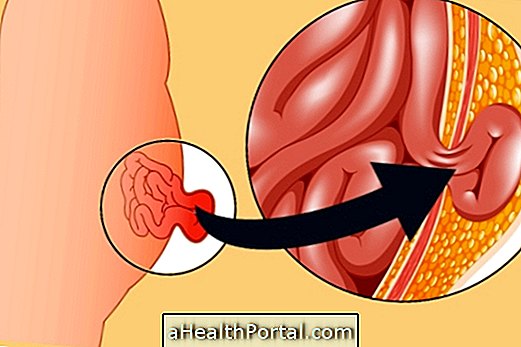








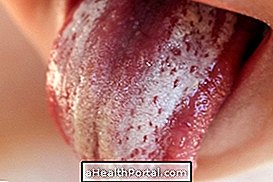
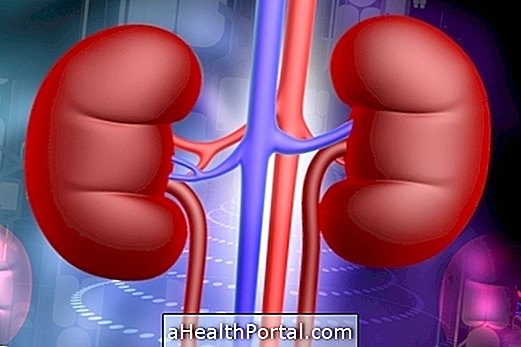
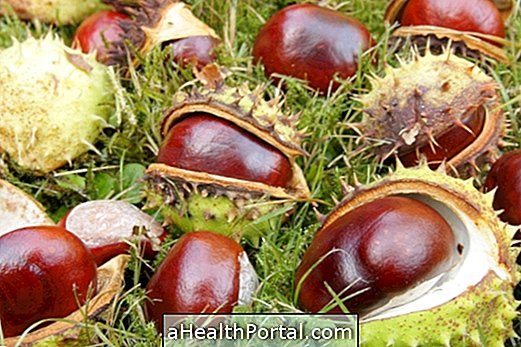
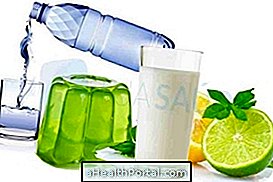
.jpg)
